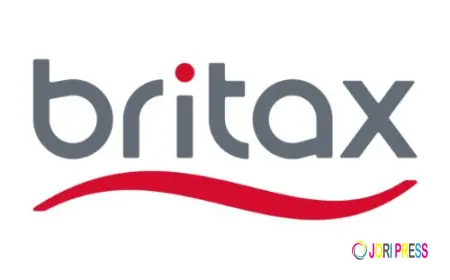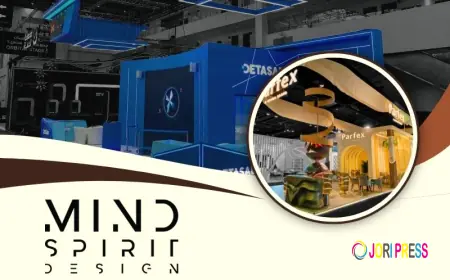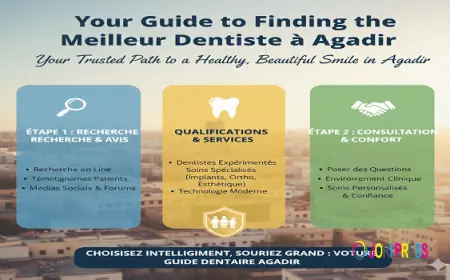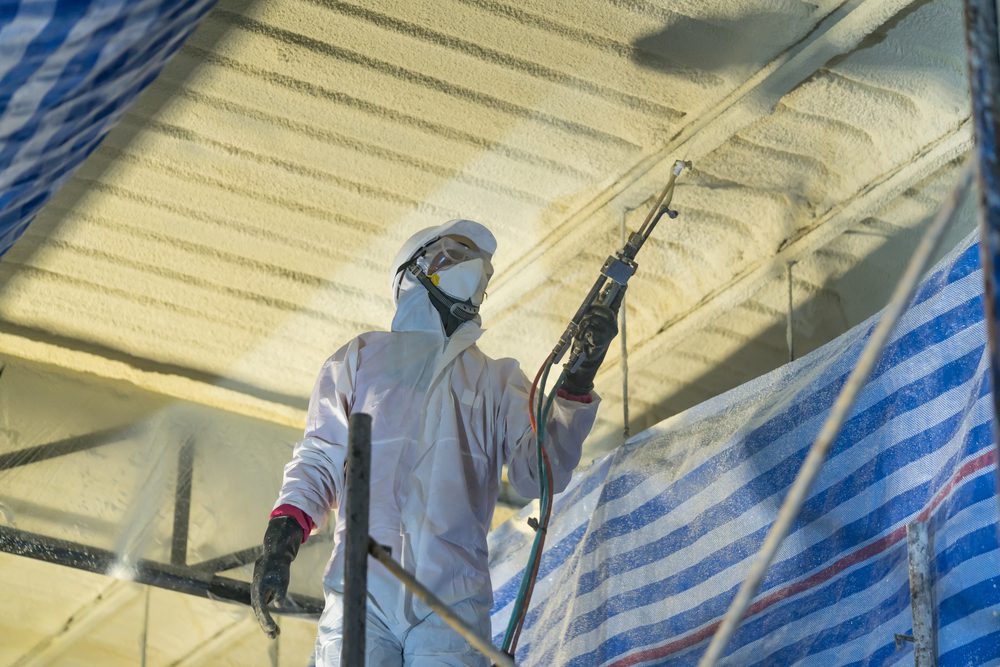When a Commercial Insulation Contractor Becomes Essential for Energy Audits
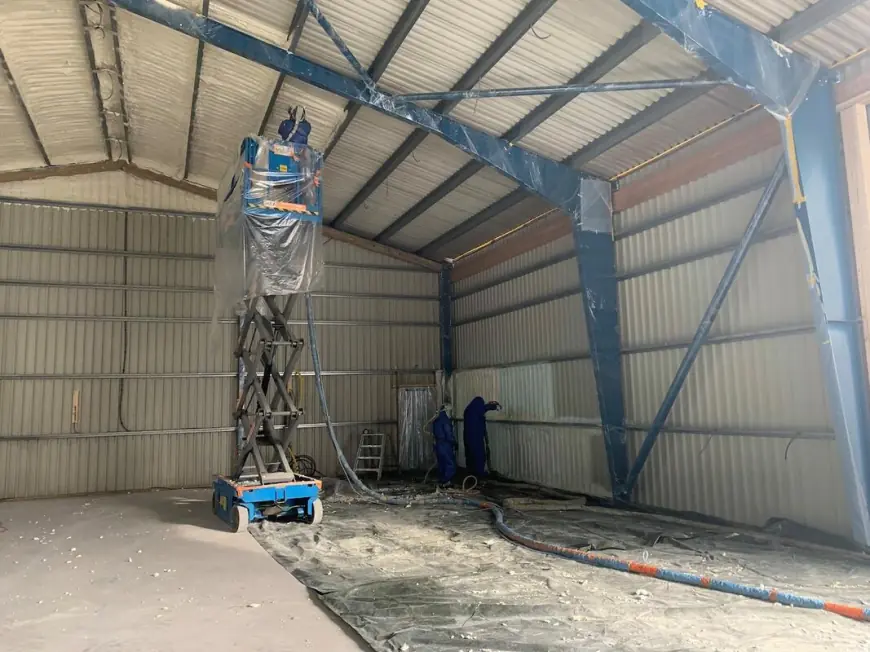
Energy audits in commercial spaces are no longer optional in today’s building performance standards—they’re expected. Businesses in warehousing, manufacturing, retail, and even office spaces must comply with local codes, reduce energy usage, and improve thermal efficiency. This is where the commercial insulation contractor becomes essential. Their role goes far beyond installation; they directly influence energy modeling, compliance, and long-term cost reductions.
Why Energy Audits Need Insulation Experts from the Start
Energy audits analyze where a building loses energy and how improvements can reduce operational costs. To get accurate results, insulation systems need to be assessed, measured, and corrected by professionals who understand both material performance and building science.
Insulation Directly Affects Thermal Load Calculations
Energy audits begin by evaluating heating and cooling demands, known as the thermal load. Poor insulation skews those numbers, leading to incorrect assessments.
-
Spray foam insulation improves R-value per inch compared to batt or blown-in options.
-
Improperly installed insulation results in thermal bridging and unaccounted losses.
-
Closed-cell spray foam provides a dual air and moisture barrier—key for accurate modeling.
Building Envelope Performance Relies on Material Expertise
The building envelope must perform under varying seasonal conditions. Commercial insulation contractors know which materials suit industrial structures, high-humidity spaces, or retrofitted buildings.
-
Metal-framed buildings often need continuous insulation to prevent bridging.
-
Older properties benefit from hybrid spray foam + rigid board systems.
-
Large warehouses may require phased application based on zoning airflow studies.
Moisture Mapping and Air Infiltration Depend on Installation Quality
Energy auditors rely on blower door tests, thermographic imaging, and air leakage evaluations. Spray foam contractors directly impact those test results.
-
Sealing gaps and voids with open- or closed-cell foam reduces air changes per hour (ACH).
-
Preventing moisture ingress supports longer-term HVAC system balance.
-
Contractors ensure vapor retarders are installed in compliance with code.
What a Commercial Insulation Contractor Contributes to Audit Success
While energy auditors diagnose inefficiencies, insulation contractors correct them with lasting material improvements. Their technical skills ensure energy-saving strategies are both measurable and sustainable.
On-Site Material Selection and Application Analysis
Energy audits include physical inspections, but many lack insulation-specific recommendations. Commercial spray foam contractors bring thermal modeling insights to support correct application.
-
Matching spray foam types to substrate and exposure conditions
-
Calculating consistent R-values across varied cavity depths
-
Planning application sequences to align with HVAC adjustments
Coordination with HVAC and Lighting Systems for Holistic Savings
An isolated upgrade rarely produces the best ROI. Insulation contractors collaborate with HVAC engineers and electricians to support complete efficiency plans.
-
Improved insulation may allow HVAC downsizing for future retrofits
-
Better envelope control reduces lighting load from thermal gain
-
Airtightness boosts system runtimes, extending equipment life
Code Compliance and Documentation
Local building codes often require U-factor calculations, continuous insulation (ci) requirements, and air leakage metrics. Spray foam contractors contribute verifiable data for these elements.
-
Documentation of insulation depth, application method, and R-values
-
Support for ASHRAE 90.1 compliance with closed-cell systems
-
Photos and reports showing vapor barrier placement
How Spray Foam Aligns with Energy Audit Priorities
Spray polyurethane foam (SPF) has performance advantages that simplify meeting audit and compliance goals. Its effectiveness in reducing air exchange and improving moisture resistance makes it ideal for commercial retrofit or new-build evaluations.
High R-Value per Inch Supports Audit Goals Faster
Open-cell and closed-cell foam outperform fiberglass or cellulose in thermal resistance, allowing energy auditors to recommend fewer layers for the same results.
-
Closed-cell: ~R-6.5 per inch
-
Open-cell: ~R-3.8 per inch
-
Fiberglass batts: ~R-3.2 per inch
This allows contractors to meet minimum code requirements without requiring deep wall or roof cavities.
Airtight Seal Reduces HVAC System Load
Spray foam expands to fill gaps around conduits, beams, and joints. Audits that include blower door testing show significant improvements after foam installation.
-
Reduces uncontrolled air leakage zones
-
Improves humidity control, especially in coastal or industrial zones
-
Supports consistent indoor temperatures across large floorplans
Built-In Moisture Control Improves Long-Term Efficiency
Closed-cell foam includes a vapor retarder that helps manage condensation and interior moisture, key factors in audit evaluations of envelope durability.
-
Reduces mold and structural degradation
-
Minimizes future re-insulation needs
-
Enables stable performance across all climate zones
Table: Commercial Insulation Types Compared for Energy Audit Readiness
Signs a Commercial Property Needs a Contractor-Led Audit
Some commercial properties don’t schedule insulation contractors until after audit recommendations are made. This delay often results in incomplete upgrades or underperforming systems. Spotting the signs early improves energy outcomes.
Irregular Heating or Cooling Zones
Uneven temperatures suggest insulation failure. Spray foam contractors can test areas using infrared scanning to pinpoint missing coverage.
High Utility Bills With No System Issues
When HVAC systems are functioning correctly but bills remain high, the problem is often poor insulation. Closed-cell foam offers a measurable improvement in energy performance.
Visible Condensation or Mold in Ceiling Cavities
Moisture retention in ceilings or behind cladding typically indicates air intrusion or lack of vapor control—issues that insulation contractors address using foam sealants and vapor retarders.
Common Question: Why Involve a Contractor Before the Energy Audit?
Waiting until after an energy audit to bring in a spray foam contractor limits their ability to provide corrective and preventative insights. Early involvement allows them to:
-
Prepare envelope-specific documentation for audit accuracy
-
Ensure cavity access and prep work is handled ahead of testing
-
Offer real-world installation metrics to improve modeling assumptions
In short, insulation contractors help audits shift from theory to verified improvement.
Conclusion
Energy audits are only as accurate and actionable as the data they’re built on. Without commercial insulation contractors involved early, gaps in material performance, building envelope integrity, and installation accuracy can lead to misleading energy models and underwhelming efficiency results. Spray foam Insulation contractor bring real-world data, proven installation methods, and compliance support that helps facilities meet regulatory and performance goals with confidence. Their involvement is essential—not just for installing foam, but for making audit findings meaningful and achievable.
Bringing insulation contractors into the energy audit process supports better planning, faster implementation, and more consistent long-term savings. For commercial properties aiming to improve thermal performance, reduce overhead costs, and meet stringent codes, the insulation contractor becomes not just helpful—but necessary.
FAQs
What role does spray foam play in energy audits? Spray foam improves air sealing and thermal resistance, helping energy audits provide more accurate efficiency assessments. Its dual function as insulation and vapor barrier reduces modeling errors.
Can spray foam insulation reduce HVAC equipment size? Yes. A tighter building envelope reduces heating and cooling demand, allowing HVAC system downsizing. This can lead to equipment cost savings and longer system life.
Do all energy audits include insulation assessments? Not always. Some audits overlook detailed insulation evaluations. Hiring a spray foam contractor ensures insulation is accurately reviewed and upgraded when needed.
Is closed-cell or open-cell foam better for commercial buildings? Closed-cell foam is typically preferred for commercial applications due to its higher R-value, moisture resistance, and structural reinforcement. Open-cell may be used for interior applications.
How soon should a contractor be involved in the energy audit process? Early involvement—before formal testing—allows insulation contractors to prep areas, advise on material choices, and support accurate audit documentation and results.
Reviewer: Emma Robinson contributed her knowledge from 8 years working with the spray foam industry. Her review helped shape this content with ideas grounded in what contractors and homeowners actually value.
What's Your Reaction?
 Like
0
Like
0
 Dislike
0
Dislike
0
 Love
0
Love
0
 Funny
0
Funny
0
 Angry
0
Angry
0
 Sad
0
Sad
0
 Wow
0
Wow
0







